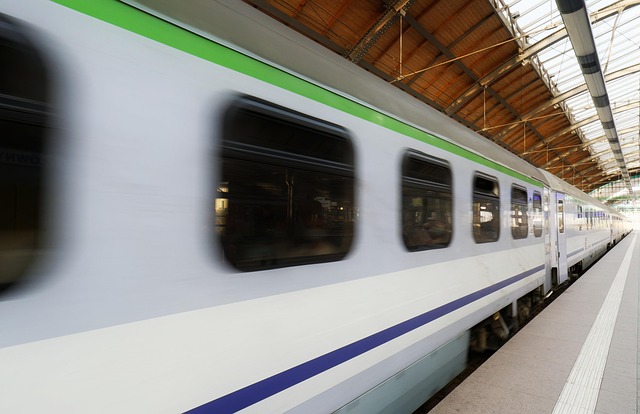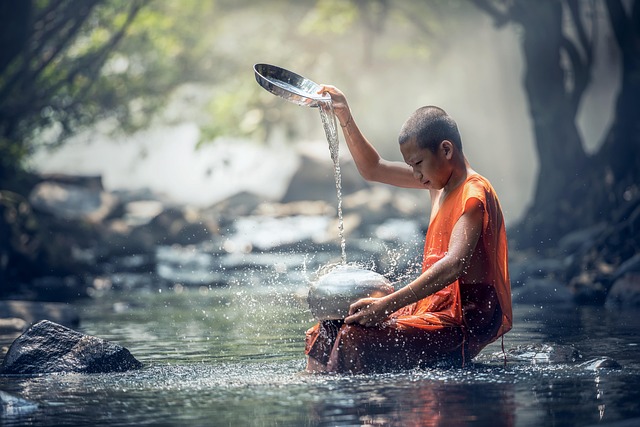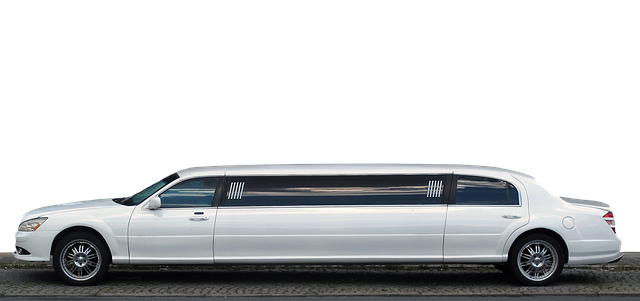In the ever-evolving world of music, the rise of digital platforms has created a paradigm shift that is revolutionizing the rap game. Gone are the days when artists relied solely on record labels and physical sales; now, the power has shifted into the hands of creators and fans alike. This shift is not just changing how music is consumed but is also redefining party culture and reshaping musical genres.
Digital platforms like Spotify, Apple Music, and SoundCloud are facilitating unprecedented access to music for both artists and listeners. With just a few clicks, fans can discover emerging rap artists from around the globe, experience new beats, and broaden their musical horizons. In this digital age, geographic barriers no longer restrict artistry, allowing unique regional sounds to blend into a rich tapestry of rap culture. This melting pot contributes to the genre’s continuous evolution, as elements of trap, drill, and Lo-fi hip hop influence each other, creating fresh styles that captivate audiences.
Furthermore, the party scene has transformed dramatically thanks to the influence of digital platforms. Music is no longer solely about what’s hot on the radio; it’s now about what resonates with the crowd. DJs at parties curate playlists that reflect the latest underground hits found on TikTok and Instagram, celebrating emerging artists who might have previously gone unnoticed. These platforms enable the viral nature of rap music, where a catchy hook or a powerful flow can take off overnight, pushing songs into the party playlist globally.
The synergy between digital platforms and music culture has also fostered a sense of community among rap fans. Online spaces enable fans to connect with each other, sharing their love for certain artists, discussing lyrics, and even participating in virtual listening parties. This interaction helps form a more engaged audience, one that influences which tracks become popular in real time. When fans advocate for their favorite songs or artists, they significantly impact party selections, which drives promoters and DJs to feature tracks that might have been overlooked in traditional music markets.
As the digital landscape continues to expand, artists are finding new ways to express their creativity and connect with their fans. Through platforms that allow them to upload music, share their journeys, and engage with listeners, creators have never been more empowered. This not only enhances the listening experience but also makes it more participatory, where fans feel like they are an integral part of the artist’s journey.
In summary, the intersection between digital platforms and the rap genre is sparking a cultural renaissance that is pushing boundaries and creating new norms. As the lines between music production, consumption, and social interaction blur, we can expect the rap game to grow and evolve in ways we never thought possible. The cultural landscape of parties and musical genres is being reshaped, giving room for innovative talent and unique expressions, ultimately enriching our collective experience of music.




